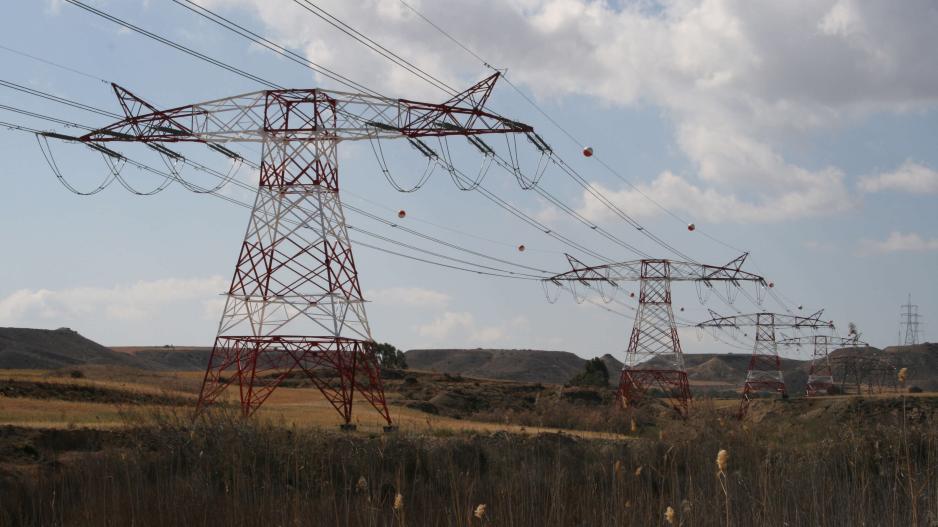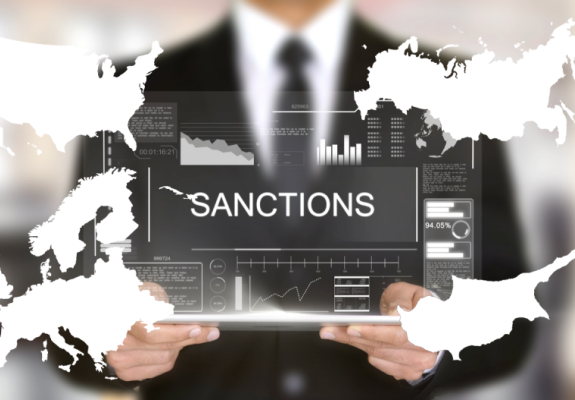EU Identifies Challenges in Cyprus' Energy Sector, Calls for a Green Transition
The European Union has raised concerns over serious challenges and hindrances faced by the business environment in Cyprus' energy sector. According to the EU report, public law companies, notably the Electricity Authority of Cyprus (ΑΗΚ), hold significant market shares, contributing to the complexities of the industry.
The latest report highlights a decline in the quality of services utilized by businesses, with a particular emphasis on the electric energy segment. The state-owned electricity entity, ΑΗΚ, currently commands an 83.2% market share in electricity production and 96.4% in supply, making it a crucial player in the pursuit of sustainable, green energy solutions.
To facilitate this transition, the EU suggests that ΑΗΚ should prioritize investment in network modernization and energy storage facilities. By increasing the share of renewable energy production through existing operating licenses and hastening the development of intelligent metering infrastructure, Cyprus can accelerate its green transformation.
The EU's technocrats emphasize the urgency of transitioning to cleaner fuels and renewable energy sources to address the persistently high costs of electricity. However, the report points out that certain power stations, such as the Dhekelia unit operated by ΑΗΚ, continue to function despite violating the Industrial Emissions Directive. Nonetheless, replacing these power stations presently seems unfeasible.
In response to the challenges faced by state-owned entities, Cypriot authorities have sought technical assistance from the International Monetary Fund (IMF) to reform the governance of such organizations. This collaboration, expected to continue until the end of 2023, aims to optimize governance processes and performance evaluation in these entities.

To ensure greater accountability and transparency, the EU proposes the establishment of a central monitoring unit within Cyprus' Ministry of Finance. This unit would oversee the financial, operational, and non-financial performance indicators of state entities (public law companies). Preparing an annual report on the performance of these entities would further bolster their accountability to the public. Moreover, the EU suggests reevaluating the appointment process for administrative boards of state-owned entities to prioritize meritocracy.
Since the Memorandum era, the Troika has advocated for governance reforms in semi-state entities to align with international standards. Entities like ΑΗΚ, which play vital roles in sectors such as energy, telecommunications, healthcare, and water supply, would not be financially viable without state support through subsidies, financing, or guarantees.
To facilitate Cyprus' green transition and ensure the effective management of state entities, a robust and transparent governance framework is imperative. By adhering to these guidelines and embracing renewable energy solutions, Cyprus can pave the way for a sustainable, greener future while mitigating potential challenges in its energy sector.






